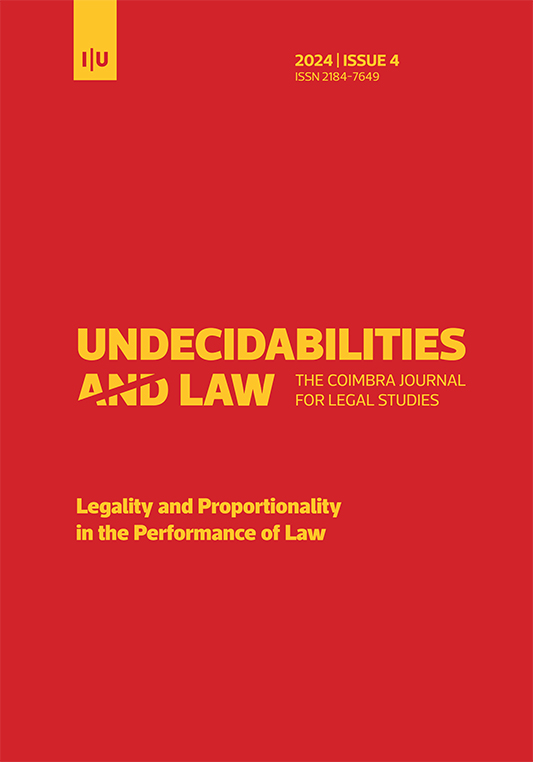The Normative Foundation of Proportionality
DOI:
https://doi.org/10.14195/2184-9781_4_2Keywords:
Proportionality, Balancing, principles, Rationality, Rule of law, Customary lawAbstract
Understanding the normative foundation of proportionality requires distinguishing between the reasons explaining its incorporation and content in legal systems and the reasons justifying its validity as membership in the legal system. The explanatory reasons include instrumental and substantive rationality, which underpin two additional explanatory considerations, namely justice and the protection of fundamental rights. However, these reasons do not address the justification for proportionality’s membership in legal systems. After rejecting Alexy’s thesis that proportionality logically derives from the existence of principles in legal systems and the argument that proportionality is a logical consequence of the rule of law, I conclude that the normative foundation of proportionality—except where explicitly enshrined in constitutional texts or derived from precedent—rests in customary law. This conclusion is grounded in the reiterated use of the principle by the legal community—particularly, though not exclusively, by courts—along with the accompanying conviction of its binding nature.
Downloads
Downloads
Published
How to Cite
Issue
Section
License
Copyright (c) 2025 Jorge Silva Sampaio

This work is licensed under a Creative Commons Attribution 4.0 International License.



